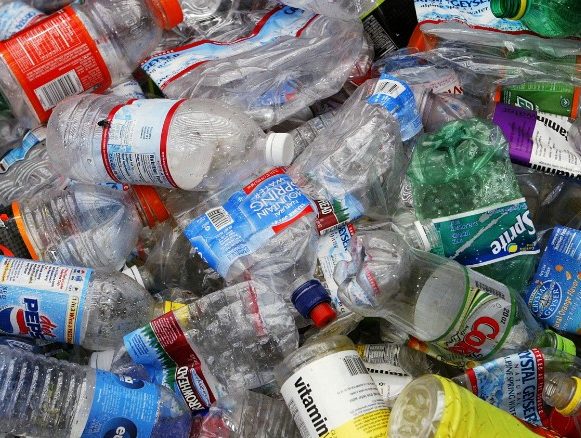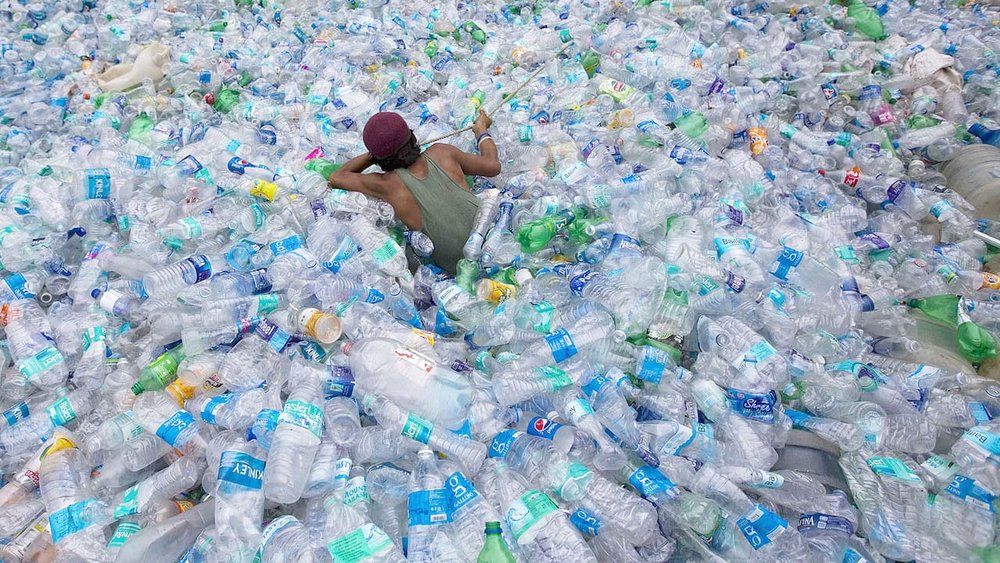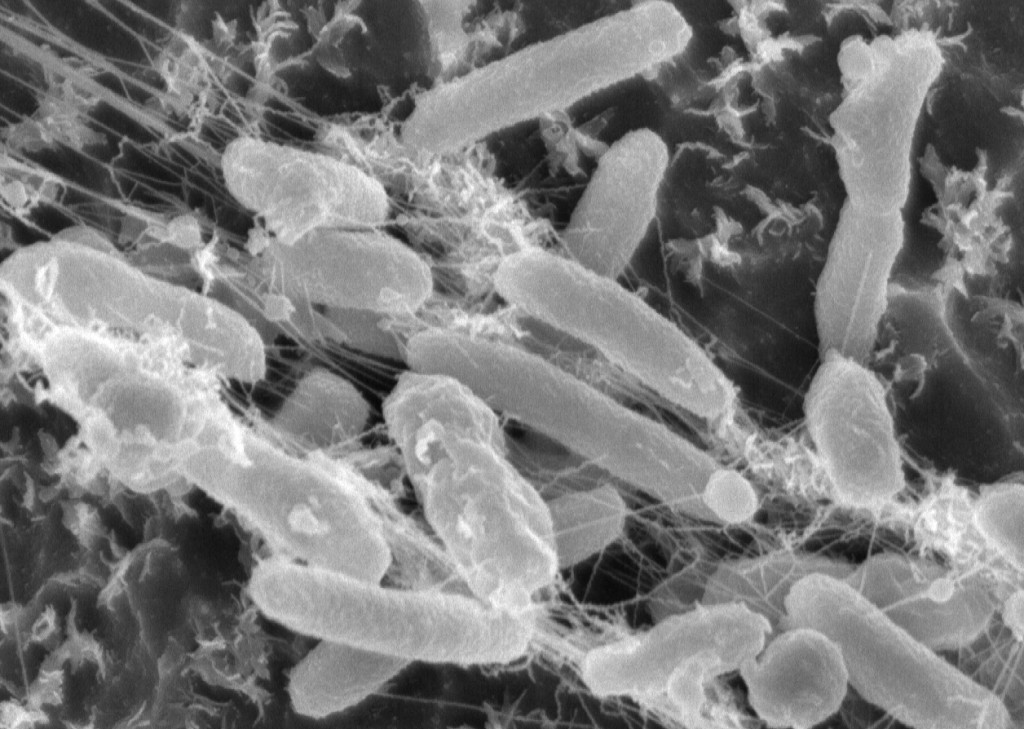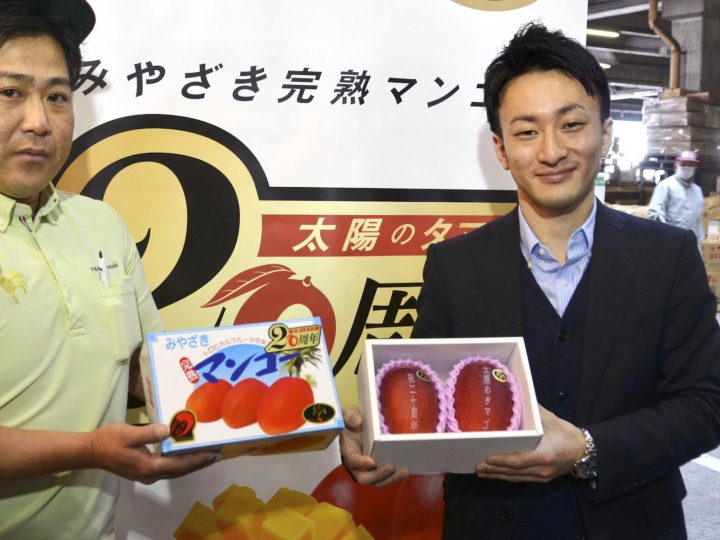Scientists Accidentally Create Mutated Enzymes That Eat Plastic
 Thirsty for JUICE content? Quench your cravings on our Instagram, TikTok and WhatsApp
Thirsty for JUICE content? Quench your cravings on our Instagram, TikTok and WhatsApp

Science did it again, guys. By accident, researchers in US and Britain have created mutated plastic-munching enzymes in a laboratory experiment that could actually help solve the growing plastic pollution.
According to Channel News Asia, more than 8 million tonnes of plastic is dumped into the world’s oceans every year, and there’s paramount concern over this petroleum-derived product’s toxic legacy on human health and the environment. Even though there are recycling efforts, most plastic can remain for hundreds of years and continue to exist even when we’re all gone.
All of this might change soon. In 2016, a naturally occurring bacterium were discovered at a dump site in Japan, and scientists at the University of Portsmouth and the US Energy Department’s National Renewable Energy Laboratory decided to focus their research on this. The team of researchers then tweaked the enzyme to see how it evolved but inadvertently boosted its PET-munching ability.
The mutant enzyme now only takes a few days to start breaking down plastic and the research team are optimistic that they can speed it up even further.

Since commercial plastics weren’t in use until the 1940s, Japanese researchers believe the bacterium evolved fairly recently in a waste recycling centre.
The bacterium is known as Ideonella sakaiensis, and appears to feed exclusively on a type of plastic known as polyethylene terephthalate (PET) that is used widely in plastic bottles.
While it’s a recent discovery, researchers say they are now working on further improvements to the enzyme and hope to eventually scale it up for industrial use in breaking down plastics. This lab accident is the many wonders of science, and one that could potentially help heal the environment for future generations.
Click here to read more about the mutated enzyme.


 Get Audio+
Get Audio+ Hot FM
Hot FM Kool 101
Kool 101 Eight FM
Eight FM Fly FM
Fly FM Molek FM
Molek FM
